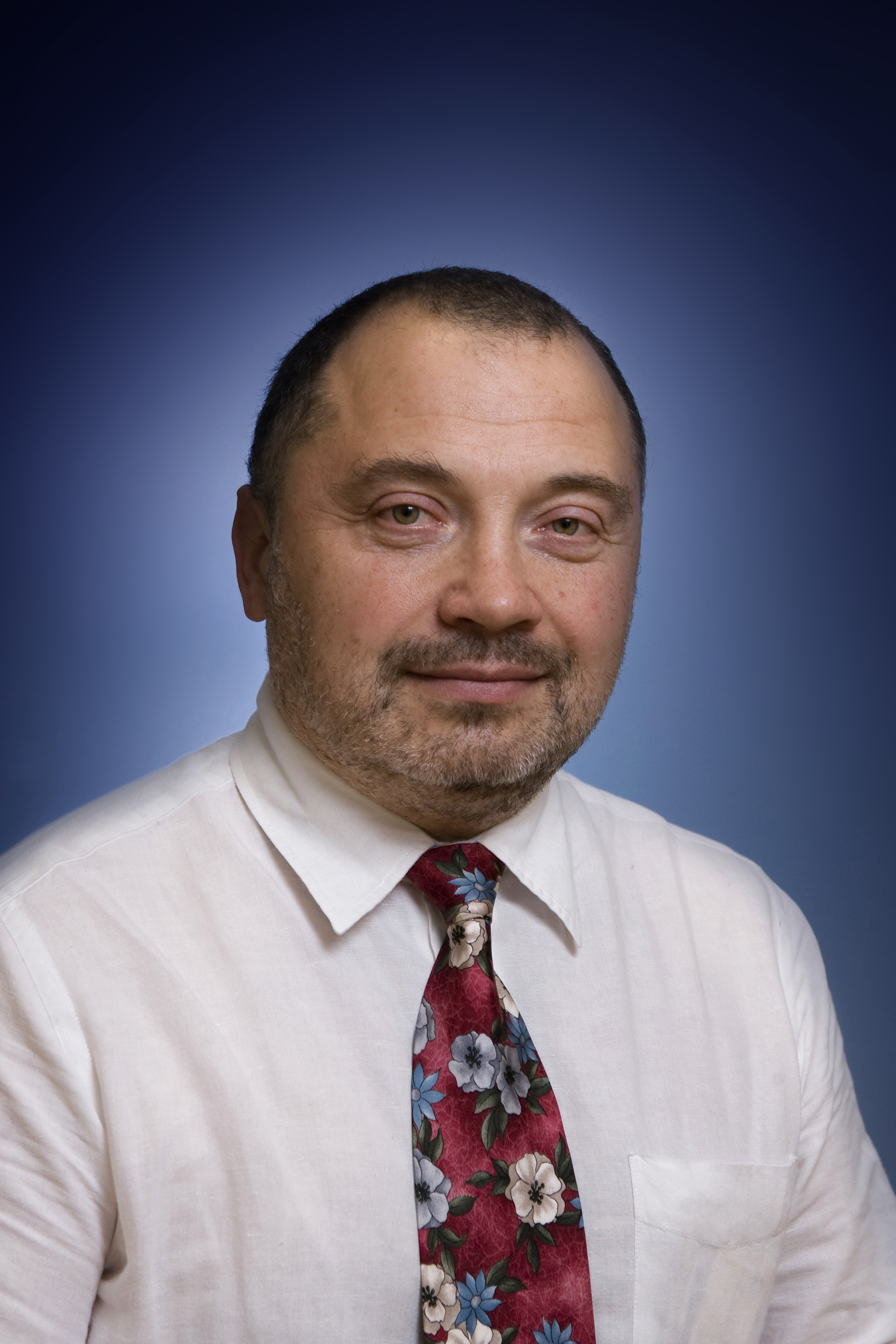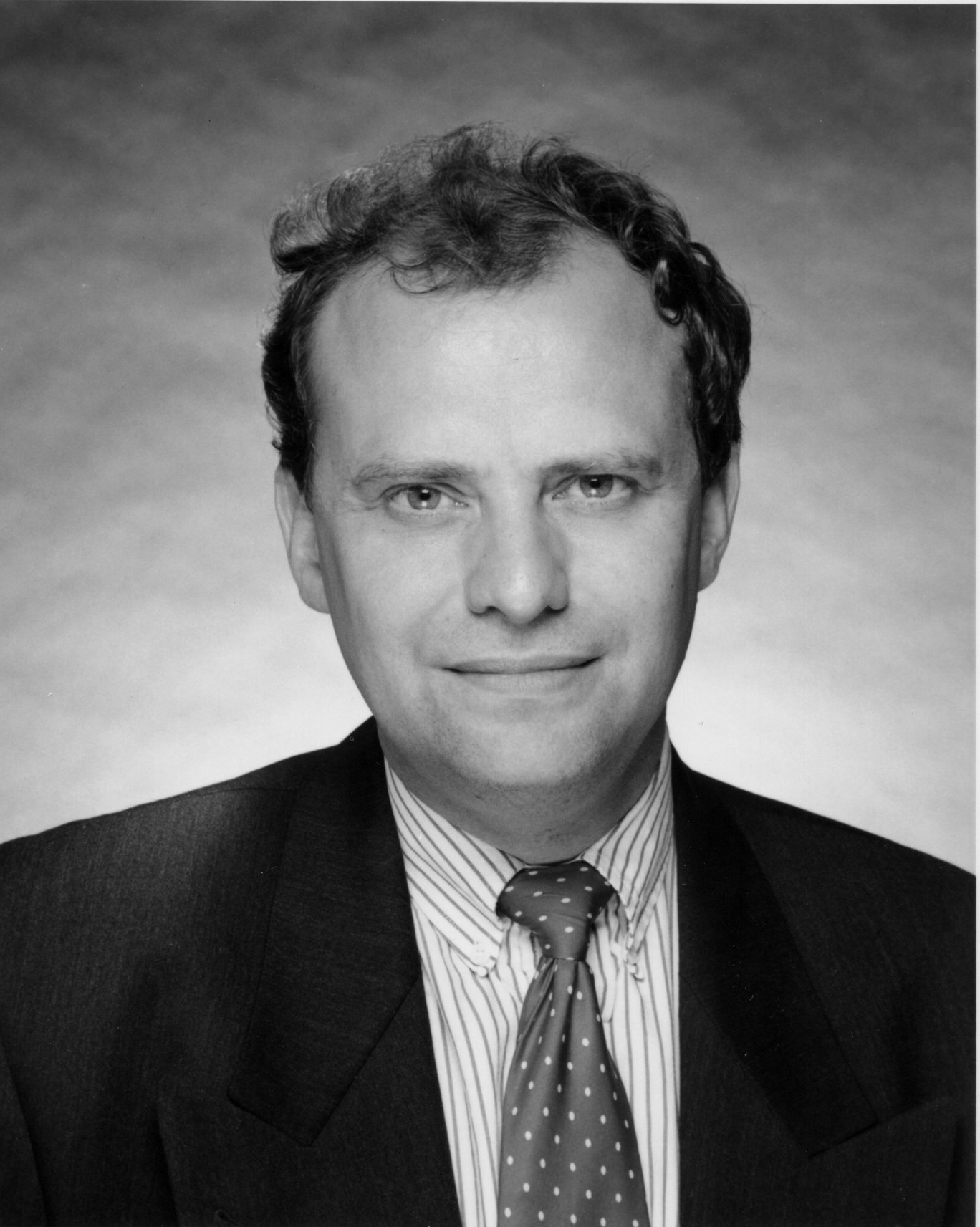{
"authors": [
"Nikolay Petrov",
"Anders Aslund"
],
"type": "event",
"centerAffiliationAll": "dc",
"centers": [
"Carnegie Endowment for International Peace"
],
"collections": [],
"englishNewsletterAll": "",
"nonEnglishNewsletterAll": "",
"primaryCenter": "Carnegie Endowment for International Peace",
"programAffiliation": "russia",
"programs": [
"Russia and Eurasia"
],
"projects": [],
"regions": [
"Caucasus",
"Russia"
],
"topics": [
"Political Reform",
"Democracy",
"Trade"
]
}
REQUIRED IMAGE
Social Benefits Crisis: Domestic Policy Change for Putin
Wed, February 2nd, 2005
Moscow
A discussion meeting with Nikolay Petrov, Scholar-in-Residence at the Carnegie Moscow Center, of Russia’s newest wave of social protests.
On February 2, 2005, the Carnegie Endowment for International Peace hosted a meeting on the current social benefits crisis in Russia. The speaker was Nikolay Petrov, Scholar-in-Residence with the Civil Society Program at the Carnegie Moscow Center. Michael McFaul, Senior Associate at the Carnegie Endowment, moderated the session.
Nikolay Petrov began by stating that the general lesson that can be drawn from recent events in Russia and the post-Soviet space is that regions matter. Despite the generally negative trend of Russia’s political development, positive tendencies can be observed in the current development of civil society and power structures siloviki. Examination of the siloviki structure, shows that the Kremlin is much more effective than it appears in dealing with social unrest and the monetization reform.
Through the recent benefits monetization of social benefits the Kremlin tried to reduce the social burden on the state, which greatly exceeded the state’s capacity. Its systematic failures rather than specific individuals caused the massive social unrest in January.
When these reforms were presented last summer, the opposition was already vocal. For the first time the State Council, as well as some regional elites, formed an organized opposition to the Kremlin. They called for the postponement of these reforms as well as for better expertise in administering such reforms. This opposition contributed to the abolition of direct gubernatorial elections and appointment of governors.
From the Kremlin’s point of view this reform was well prepared. The Kremlin established the Fradkov Comission which met every week for about a year to review proposals/reports from regional leaders. Once the draft was signed into law, regional leaders had two months to change a multitude of regional laws. Thus, the first serious social protest opposing this law occurred in December, when regional laws were changing, and the population began to understand what this reform meant for them. The next wave of protests erupted in mid-January.
January 9 was the centennial of Bloody Sunday in 1905, when the peasants’ peaceful petition to the czar was turned into a massacre. A hundred years later, its’ celebration led to a social protest against monetization reform. The full scale of the protests picked up on Monday January 10, when everyone had returned from a ten-day vacation. Due to recent amendments to the law on public meetings, the earliest time that a legally organized protest could take place was January 20 and on January 22 several political parties officially joined the social protests against the monetization reform.
The first move by the Kremlin was to blame regional authorities for not taking care of their beneficiaries, but this did little to reassign the blame in the public’s eye. As the protests gained momentum, the Kremlin understood that something must be done. The protestors had maximized the attention they received by blocking roads from the city to the Moscow International Airport. Thus, even a small number of protestors, managed to rally the 82 percent support from the public. The failed monetization reform has contributed much more to the development of civil society than highly publicized state efforts.
Before the reforms were implemented the Kremlin undertook several actions to control both the political parties and the regional elites to guarantee a smooth transition. The Kremlin raised the number of members, number of branches in different regions, as well as the constituents at each branch required for political parties to make them completely vulnerable. The Kremlin also closed regional branches of some parties, thus weakening and forcing them to be loyal to the Kremlin.
The Kremlin has chosen to pursue criminal investigations against prominent regional leaders to control them. The Governor of Yaroslavl, who was the first to oppose the Kremlin’s decision to appoint, was subsequently implicated in a criminal scandal. Other regional leaders faced the same fate (Saratov Region, Nenets District, Kamchatka Region, Republic of Altai, and Samara Region). These investigations are hollow, and no one is ever convicted or prosecuted, but they amount to powerful blackmail, eliciting more loyalty to the Kremlin and granting more control.
Both of these policies have failed since this crisis affected millions of citizens, whose support was not as easy to buy off as the regional elites. One problem of the social reform was that about 30 million beneficiaries were accounted for and assigned to either regional or federal authorities, but some 10 million pensioners were unaccounted for, and their loss of benefits caused a significant change in their lifestyle. Another problem with the reform was the regional variations. Some regions provided monetary compensation, while others stuck to the benefits system, and some mixed these policies.
This crisis has led to many complications. When governors faced protests, they responded in different ways. Some chose expensive strategies which were financed at the expense of other programs, such as local business support and regional investment. National Bolsheviks, Communists, Yabloko and Motherland have exploited this social unrest in their own favor. Although public opinion polls show little difference in approval ratings of the leading parties, a radicalization of the political scene is going on.
The situation is under control for now, but the reforms have not been completed. Another stage of the reforms is coming in the spring, when the citizens will be asked to pay for various services. In the summer, more reforms will follow. These reforms do not only affect the pensioners, but students, militia, and everyday citizens.
The Kremlin should now be aware that some reforms are not easy to implement, despite pressure on regional elites and siloviki. The key problem is the inefficiency of this regime because this reform did not differ greatly from other reforms. The main difference is that it dealt directly with millions directly. Although other reforms may not be felt as immediately, it does not mean that they are better. Hopefully, this will be a lesson for the regime and for civil society, which is now much stronger than it was a month ago, and that it will serve to Russia’s political development.
During the question and answer session Petrov was asked if there is a single public policy for Russia that can promote democratic change and that is constructive for Russia’s development. He replied that due to the size of the Russian state and the numerous reforms that still need to be implemented, it is hard to produce a universally beneficial policy. Many more reforms must be subjected to trial and error until Russia finds a successful track. Although he views the current monetization reform as beneficial for Russia’s development, he sees little chance for its success.
When asked how to implement reforms that are unpopular, but necessary for economic development, Petrov suggested the governments should turn to expertise and encourage political discussion prior to final decisions. These vital elements were completely absent in the current scenario when, despite the two thousand proposals submitted by regional elites and experts, the reform was adopted in two hours. Petrov was also asked how much can the Russian population endure, and at what point such actions become unmanageable. He replied that the current high oil prices in Russia allow the Kremlin to pay for some of the reforms. When the prices drop, however, it will be hard to predict the political situation.
With regard to new forms of political movements in Russia, Petrov noted that there are numerous youth movements in Russia, and one-third of the protestors in the recent social unrest were students. Although no new groups are being formed, the already existing parties and associations are playing new roles on the political arena.
Summary prepared by Alina Tourkova, Junior Fellow with the Russian and Eurasian Program at the Carnegie Endowment for International Peace.
Carnegie does not take institutional positions on public policy issues; the views represented herein are those of the author(s) and do not necessarily reflect the views of Carnegie, its staff, or its trustees.
Event Speakers
Nikolay Petrov was the chair of the Carnegie Moscow Center’s Society and Regions Program. Until 2006, he also worked at the Institute of Geography at the Russian Academy of Sciences, where he started to work in 1982.

